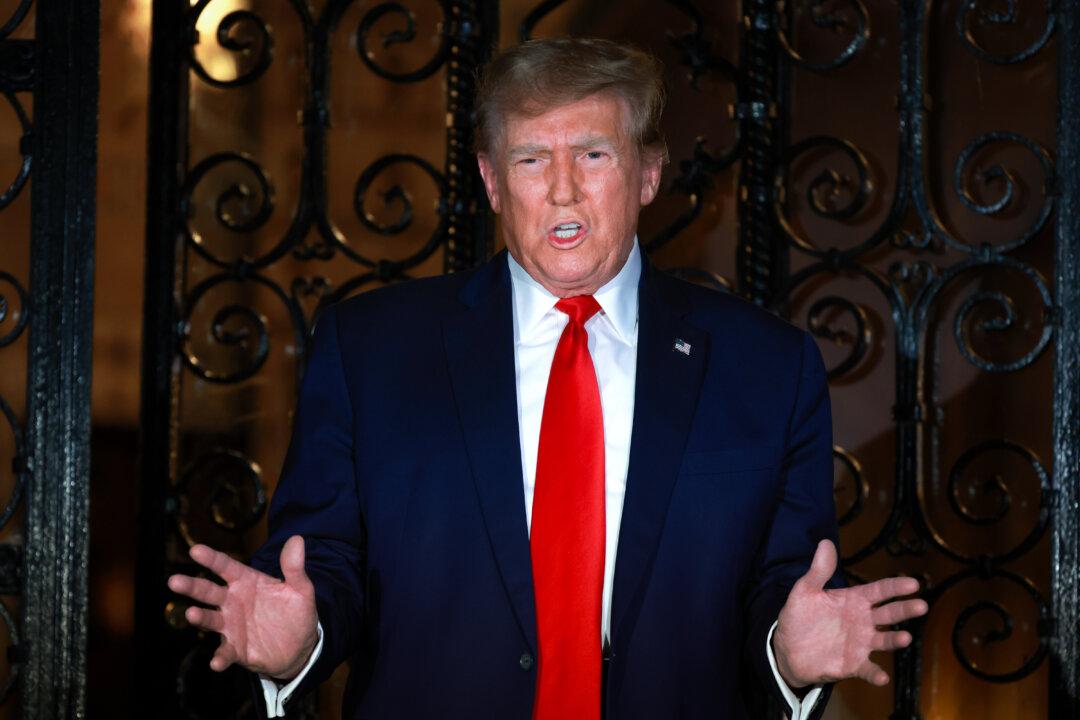Attorneys for former President Donald Trump have formally appealed a New York civil fraud ruling against him and executives of The Trump Organization, in which they were ordered to pay more than $450 million.
“This appeal is taken from each and every part of the judgment insofar as defendants are aggrieved,” the notice of appeal filed on Feb. 26 reads, noting that the penalties in total add up to more than $464 million.





